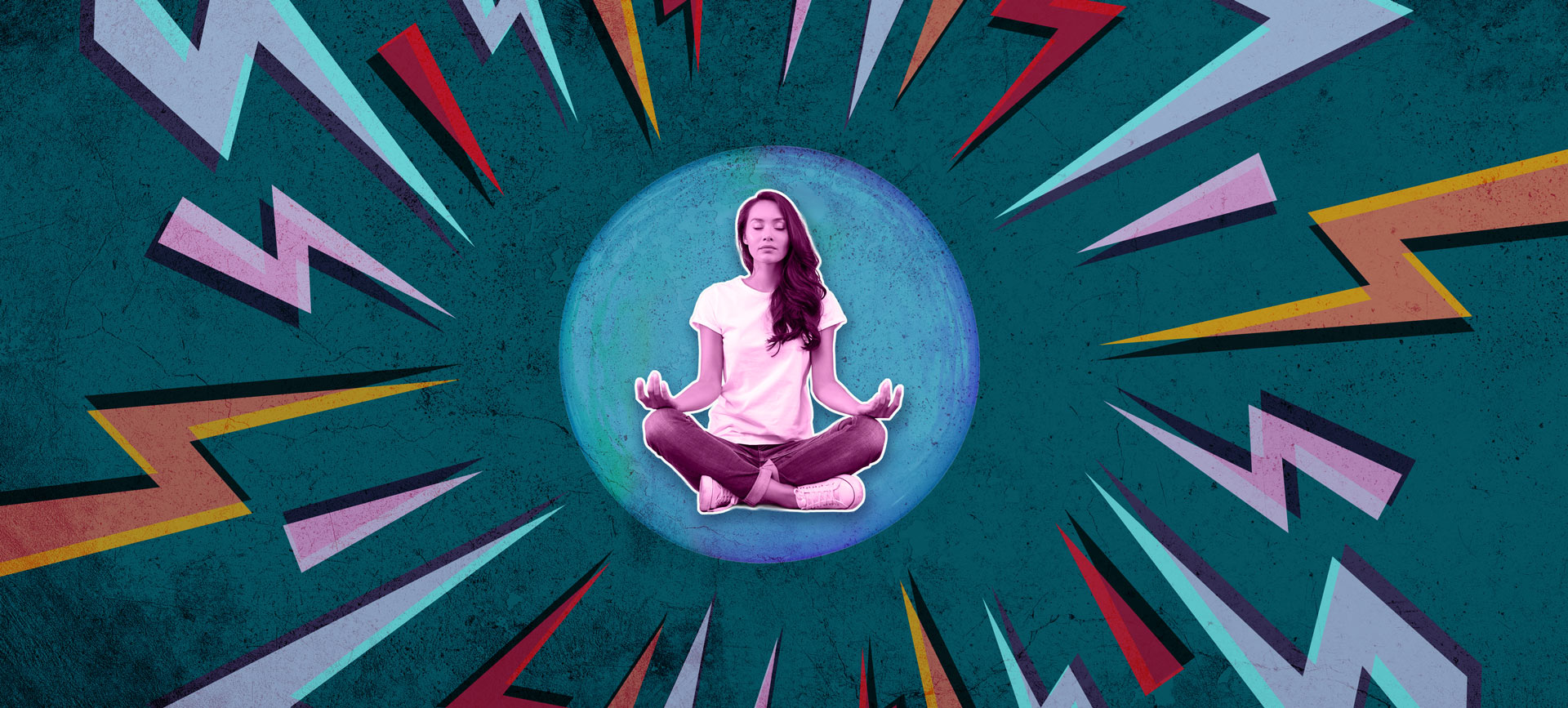Terence Watts, M.C.G.I., a psychotherapist, an author and the founder of the BWRT Institute, based in the United Kingdom, said it would be ideal if we could avoid the news and media. Of course, that's not always practical, so he recommended an alternative in the shape of learning "temporary cynicism."
"Remember that bad news sells, and social media looks for clicks and likes," he said. "So when something is disturbing, say out loud, 'Huh! Really?'"
He added it's also helpful to bear in mind that very rarely is anything as good or as bad as it's first reported.
"As a nontechnical rule of thumb, the more dramatic the report, the more likely it is that it's designed to impress rather than inform," he continued.
As with most things, managing media is about experiencing everything in moderation, said Alexis Powell-Howard, M.A., psychotherapist, TEDx speaker and managing director at Fortis Therapy & Training, based in Lincolnshire, England. In other words, manage the time you spend on social media by limiting screen time and filtering what you see.
"Consume information about things you are interested in or curious about, follow people who make you feel good about yourself or who share similar values to you, and unfollow or block accounts and news topics that you know cause you stress or worry," she said.
Powell-Howard stressed that it's all about creating digital boundaries to protect your peace, just as you would in the physical world.
Skinner added that if you compare yourself to others on social media, one way to counteract the tendency is through a quick mindfulness practice. She offered three simple steps for what to do when you find yourself getting stressed out online:
- Take a moment and put down your phone. If you're sitting in a chair, ground your feet fully on the floor and bring your attention to your breath.
- Then ask yourself: "What three things am I grateful for right now?" This could be something as simple as the ability to breathe fully and deeply or your energy levels. Or perhaps you're thankful for the people in your life or your opportunities in the coming day. Whatever it is, take a moment to remind yourself what's important to you.
- Then take a few final deep breaths, accompanied by a quick stretch, and continue with your day.
The goal of this "centering" mindfulness practice, Skinner explained, is not to prevent the comparison tendency but to create some space when it does happen. You can use this space to bring yourself back into your own life and to remind yourself of the depth of your own experience.










